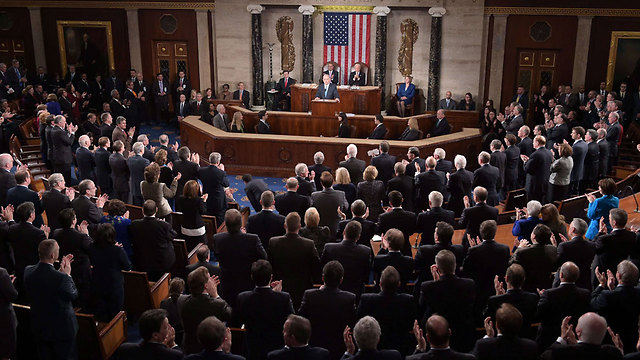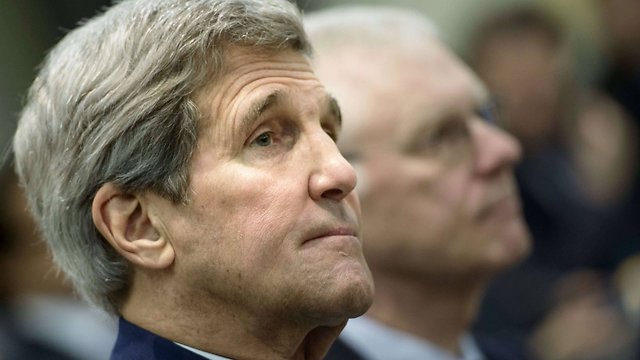http://www.economist.com/news/books-and-arts/21648627-controversial-new-book-says-islam-must-change-five-important-areas-thoughts-its

Reforming Islam
Thoughts on its future
A controversial new book says Islam must change in five important areas

Heretic: Why Islam Needs a Reformation Now.
By Ayaan Hirsi Ali. HarperCollins; 272 pages; $27.99 and £18.99.
NOT many people have lived deep inside a ruthlessly patriarchal, theocratic world and also won acclaim in the great bastions of Western, liberal thought. Even fewer can describe the contrast with insight, and that is why the writings of Ayaan Hirsi Ali on religion, culture and violence always command attention.
In several senses, she has come a long way, and she is still travelling. Having moved to the Netherlands, and then America, after a childhood in Africa and Saudi Arabia, the Somali-born writer is now a fellow of Harvard University’s Kennedy School of Government. In three earlier books she expounded her conviction that Islam, her family’s religion, was incorrigibly flawed. She faulted the faith for encouraging violence, for abusing women and ultimately for its belief in a punitive God whose existence she had rejected.
In her latest work, “Heretic”, Ms Hirsi Ali shifts her position and argues that Islam is capable of modernising reform. At the start of the book she sounds her old militant self, denouncing cultural relativists who want to muzzle her because they deny that the crimes of, say, Islamic State really are motivated by belief, as opposed to socioeconomic grievances.
As she goes on to argue, insisting that Islam is not the real motive is a convenient way of avoiding any examination of Muslim beliefs. But the opposite point also applies, and it is one that many would make of her. To take “religious” terrorists at face value, and say they are overwhelmingly motivated by spiritual convictions, can equally be a kind of cop-out, if it refuses to consider why some people with those beliefs resort to violence and others refrain; or why in some situations terrorists win support from those around them, while in others they are isolated.
The main body of Ms Hirsi Ali’s book is more nuanced—and optimistic—than her previous writings. She argues that some factors behind Christianity’s Reformation now exist in the Muslim world. The reforms of Martin Luther, for example, advanced with help from the newly invented printed press; a Muslim reformer today might well benefit from the rise of electronic communications.
But parallels between Christianity’s Reformation and a possible Muslim one have their limits. As Ms Hirsi Ali acknowledges, the link between the evolution of the Protestant Reformation and modernity is not simple. Protestantism began not as a move to dislodge the primacy of divine revelation, but to assert it. Only very indirectly did the Reformation lead Europe into a secular, scientific age. So anybody who advocates a Muslim Reformation must ask this question: if radical change starts in the Muslim world, is it certain that it will really lead to liberal freedoms, or could it trigger, either directly or indirectly, even greater religious fervour?
Ms Hirsi Ali, as you might expect, favours more freedom, and she reckons that some tentative movement in that direction is already in progress. At the moment, she says, the prevailing trend in Islam stresses the violent sayings of Muhammad, dating from his stay in Medina, over the peaceful ones issued earlier in Mecca. But the author notes that there is quite a large minority who eschew the aggressive tone of the “Medina” sayings, preferring the quiescent piety which, she says, marks the Prophet’s earlier declarations—certainly large enough for that minority to be worth encouraging.
Unfortunately, very few Muslims will accept Ms Hirsi Ali’s full-blown argument, which insists that Islam must change in at least five important ways. A moderate Muslim might be open to discussion of four of her suggestions if the question were framed sensitively. Muslims, she says, must stop prioritising the afterlife over this life; they must “shackle sharia” and respect secular law; they must abandon the idea of telling others, including non-Muslims, how to behave, dress or drink; and they must abandon holy war. However, her biggest proposal is a show-stopper: she wants her old co-religionists to “ensure that Muhammad and the Koran are open to interpretation and criticism”.
Hearing this last argument, a well-educated Muslim would probably give an answer like this: “If ‘criticism’ means denying that Muhammad was God’s final messenger, who delivered the Koran under divine inspiration, then it would be more honest to propose leaving Islam entirely—because without those beliefs, we would have nothing left.”
To put the point another way, if there is to be any chance that Muslims can be persuaded to set aside premodern ideas about law, war and punishment, the persuader will not be a sophisticated secularist; it is more likely to be somebody who fervently believes in the divine origins of the Koran, but is able to look at it again and extract from its words a completely fresh set of conclusions.


